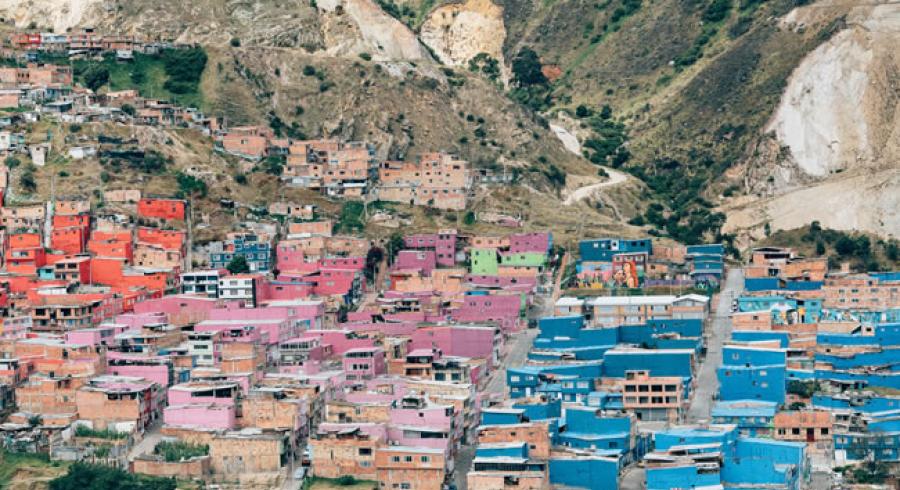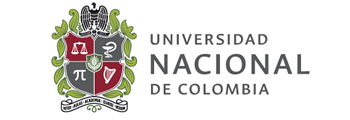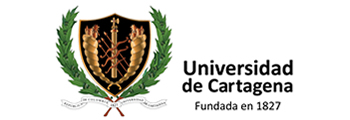
Population changes and the complex processes of urbanisation in contemporary cities have brought with them great challenges for their management and planning, including the marginality of urban settlements. Thus, marginality has become a complex phenomenon that in post-industrial societies is perpetuated by the conditions of specialisation in work, which emphasises some economic activities over others, driving sectors of the population to a certain socio-economic marginality reflected in conditions of spatial inequality evident in particular patterns of territorial occupation. In this way, the review of the phenomenon of urban marginality and its habitat conditions, from different perspectives, allows the understanding and characterisation of cities in the light of four historical urban conditions: 1) economic and production activities; 2) population processes; 3) relationship with the territory and 4) urban growth; all in a context that allows the identification of trends and challenges for urban policy in our cities.
Papers are invited on topics related, but not limited, to:
- Habitat, housing and informal urban processes
- Mobility, public space and informal urban processes
- Segregation, inequality and spatial justice
- Territory, sustainability and environment
- Neighborhood improvement and participatory processes
- Settlements, public policies and urban planning
- Planned marginality and urban development management
Co-organisers
Co-organizer Bogotá: Universidad Nacional de Colombia, Instituto de Estudios Urbanos; Universidad Nacional de Colombia (Medellín), Escuela del Hábitat
Co-organizer Cartagena: Universidad Jorge Tadeo Lozano Seccional Caribe


















